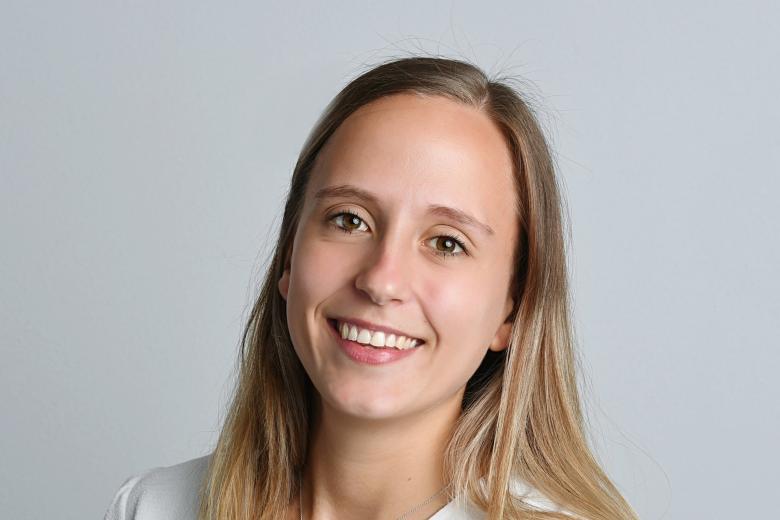Professor Pieter Jan Kuijper wins Maastricht Prize for International Law
Professor Pieter Jan Kuijper has been awarded the first Maastricht Prize for International Law. His work in the field of European law as well as international trade law and his academic publications were the reason for the jury of the Maastricht Prize to award the first prize to professor Kuijper.
Kuijper has a long and distinguished career in international and European law, in particular exploring the connections between these two fields. During his career he has worked both in academia and for international organizations, shifting between both. This wealth of experience has enabled him to bring insights from his legal work in the EU and WTO to his academic pursuits. Thus he is an educator and academic whose career and publications demonstrate a remarkable ability to combine both the practical legal experience of a civil servant with the legal reflection of an academic.
Maastricht Prize for International Law
Maastricht University and its Faculty of Law, in cooperation with the municipality of Maastricht, awarded this prize for the first time on 8 December 2016. The Maastricht Prize for International Law is the successor of the Hague Prize for International Law. The prize, awarded every 5 years, aims at senior academics and is granted for an outstanding contribution in either public or private international law.
Also read
-
Why some people hesitate to vaccinate and how healthcare can address this
Doubts about vaccination continue to be a significant challenge for global public health. The World Health Organisation (WHO) has listed vaccine hesitancy as one of the top ten threats to global health.
But what exactly is vaccine hesitancy and how does it impact our society? How can we address it...

-
New technique measures live activity of gut bacteria
Professor Ellen Blaak, PhD Gilian Larik and research team are tracking in MRUM fermentation chambers, how gut bacteria respond to food.

-
GROW research: all-in-one test for genetic defects in embryos🧪
Researchers at Maastricht UMC+ and GROW have developed a technique that can analyse the entire genome in a single test, allowing for faster determination of embryos suitable for successful pregnancy.
